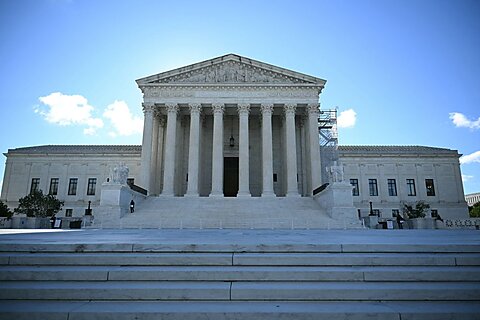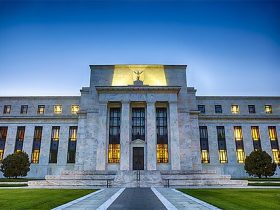Caitlyn A. Kinard and Matthew Cavedon
In the 1994 decision Heck v. Humphrey, the Supreme Court held that “in order to recover damages for allegedly unconstitutional conviction … or for other harm caused by actions whose unlawfulness would render a conviction … invalid,” a federal civil rights plaintiff “must prove that the conviction … has been reversed on direct appeal.” The Heck bar should not apply where the plaintiff never had access to federal habeas relief or seeks purely prospective relief.
Petitioner Gabriel Olivier sought relief after his First Amendment rights were violated. Olivier is an Evangelical Christian who routinely attended events at his local amphitheater to share his faith with the public. Although it was his constitutional right to speak freely about his religion, the Respondent City of Brandon made it a crime for him to speak outside of a designated “protest area.” Olivier alleges that “the protest area was too isolated for attendees to hear his messages,” as it was down the sidewalk away from the amphitheater, and the city also banned the use of loudspeakers that are “clearly audible more than 100 feet” from the protest area. He further alleges that the city passed this ordinance specifically in response to his past public speech.
After the ordinance was enacted, Olivier was arrested for speaking outside of the protest area. He pleaded nolo contendere, and the trial court imposed a $304 fine and a suspended sentence of ten days in jail.
Olivier did not appeal his conviction, but he did file a § 1983 claim seeking damages and prospective relief to prevent the ordinance from being enforced against him again. The district court dismissed his suit, holding it barred under Heck. The Fifth Circuit affirmed, and the Supreme Court granted certiorari.
Cato filed a brief arguing that the Court should reverse the decisions. Heck applies properly only to custodial plaintiffs who have had access to federal habeas relief, and it does not apply when a plaintiff seeks only prospective relief. By improperly expanding Heck’s scope, the Fifth Circuit has wrongly blocked federal review of constitutional violations.






